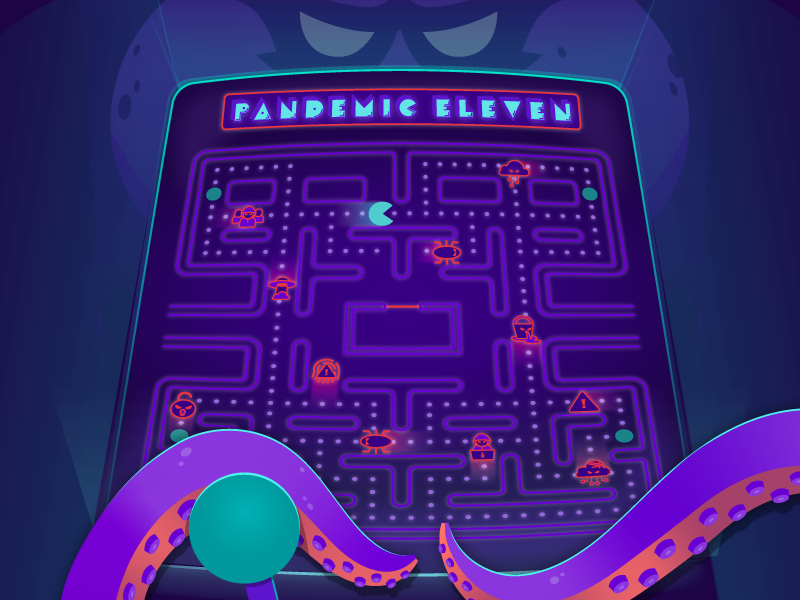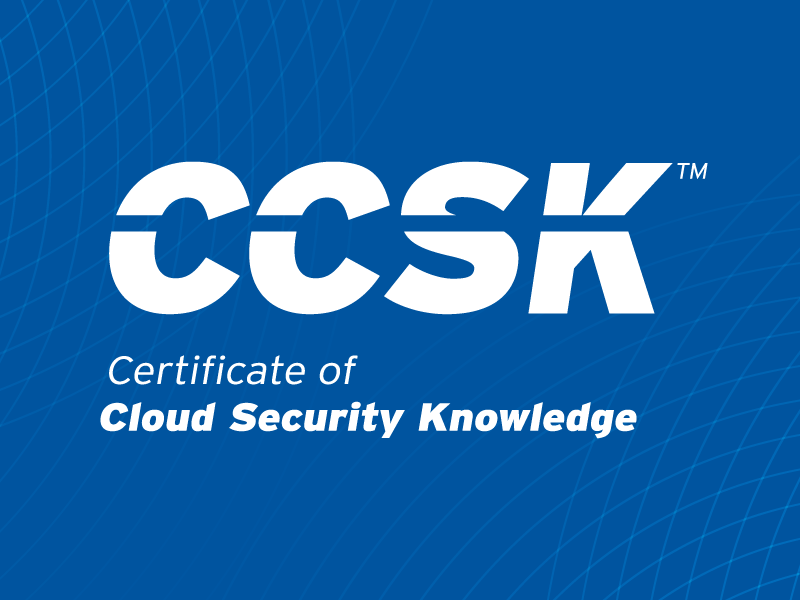How to Travel (Cyber) Securely This Summer
Published 06/23/2023
Originally published by DigiCert.
Written by Dean Coclin.
As the COVID-19 pandemic subsides and travel restrictions globally have been lifted, global tourism is estimated to rise by 30% in 2023. Seeking business and pleasure abroad, the increase of travelers is likely to also draw an increase of cybercriminals on the lookout for easy targets.
It used to be that when you went on vacation, you only worried about locking your front door. But now you need to worry about “locking” anything that connects to the internet so that your personal data isn’t stolen. The last thing you need pulling you away from your trip is learning of a data breach. From securing personal devices to avoiding cyber threats while on the go, there are many steps that can be taken to ensure a safe and enjoyable trip. In addition to these measures, securing the smart home with the new Matter protocol can provide enhanced device security while away from home.
In this post, we'll share some tips for traveling securely this summer to keep your real world data safe from cyber criminals, both at home and abroad. So whether you’re a regular business traveler or are seeking a summer vacation, here are five tips to travel securely.
1. Book trips safely – avoid fake websites, phishing and too-good-to-be-true offers
When booking travel and accommodations online, it's important to avoid fraudulent websites and phishing scams (brush up on how to detect fake websites here). What can users do to recognize fraudulent websites? Three words: examine, examine and examine. It is also important to be careful when browsing, whether on websites, social networks or applications. It is recommended not to open or download files from unknown or suspicious websites or click on any links sent on social networks or messaging applications, due to a rise in phishing attempts.
Phishing is one of the most frequent practices in social engineering, costing an estimated $2 billion per year. This type of attack gained even more popularity since the pandemic. In a phishing attack, a user receives an email that appears to come from a reputable source but is actually fraudulent and used to steal personal information. Treat all emails with too-good-to-be-true offers with suspicion. Avoid clicking on suspicious email links or downloading unknown documents, and only use trusted sources to learn about sales and purchase opportunities. And never reveal personal or financial information via email or respond to requests for that information. If you need a refresher, here are our ten tips to avoid phishing scams.
2. Prep your personal devices
Before hitting the road, there are a few important security measures to take to secure any devices traveling with you, such as laptops, phones and tablets. Start by using strong passwords and two-factor authentication. A password manager can also help you set and manage strong passwords, and can inform you how secure your passwords are, if you are using any duplicates, and if your passwords have been involved in a breach.
Also consider using a virtual private network (VPN) when accessing public Wi-Fi networks, as VPNs encrypt your data and some of them check the digital certificate, which will redirect to a real website if the one you accessed is fake. VPNs are also useful when traveling as accessing websites and apps prohibited in some countries will require a VPN. Finally, keeping software and operating systems up to date can help avoid vulnerabilities that can be exploited by cyber criminals.
3. Secure your smart home with Matter
Matter is the first attempt to bring together the biggest names in smart home to develop an industry standard for secure, reliable interoperability for connected devices. With Matter, consumers can now control every Matter-trusted device in their home, regardless of brand, while choosing their individual products of choice. No closed ecosystem. On top of that, Matter increases smart home security because manufacturers selling Matter-trusted devices are required to meet certain requirements, including receiving device attestation certificates.
So if you’re away you can manage all your Matter-trusted smart home devices through Siri, or through the Alexa or Google Home apps, and not just your Apple, Amazon or Google devices. There are hundreds of companies involved in Matter.
No matter where you are in the world, you can control your lighting, door locks, heating and cooling, home security, smart speakers and more all from the controller of your choice, and without separate apps for everything. By securing smart home devices with Matter, homeowners can protect their homes from cyber threats while away and stay smarter than their smart homes.
4. Stay cautious while traveling
While traveling, it's important to safeguard physical belongings such as passports, wallets and phones. You should secure your work laptop and any sensitive data to prevent data or identity theft. When connecting to Wi-Fi in hotels, airports, cafes and more, you can be vulnerable to attacks. It may seem contradictory, but avoid using the hotel's Wi-Fi when accessing sites that ask for personal data, especially from your bank. Use caution when connecting to public Wi-Fi networks and don’t trust open networks. If you can, use your phone as a hotspot instead. Using a VPN when connecting to public Wi-Fi networks can encrypt internet traffic and prevent cyber criminals from stealing personal information. Also, continue to stay cautious of cyber threats such as phishing scams and malware.
5. Return home securely
Upon returning home from travel, monitor personal accounts and credit reports for suspicious activity or unauthorized charges. Protect personal information by changing passwords and monitoring credit card statements. Finally, report any suspicious activity or unauthorized charges to financial institutions and credit reporting agencies.
Conclusion
In conclusion, while travel can be exciting and rejuvenating, the last thing you need on your vacation is to learn that a cybercriminal has stolen your identity or sensitive data. But there are steps you can take to minimize the risk of your data being stolen. Safe travels!
Unlock Cloud Security Insights
Subscribe to our newsletter for the latest expert trends and updates
Related Articles:
Machine Identities: Definition, How They Work, and Security Best Practices
Published: 09/03/2025
Achieving Resilience Through Zero Trust
Published: 08/29/2025
The Emerging Identity Imperatives of Agentic AI
Published: 08/28/2025
Risk-Based vs. Compliance-Based Security: Why One Size Doesn’t Fit All
Published: 08/27/2025





.png)
.jpeg)

.jpeg)
.jpeg)